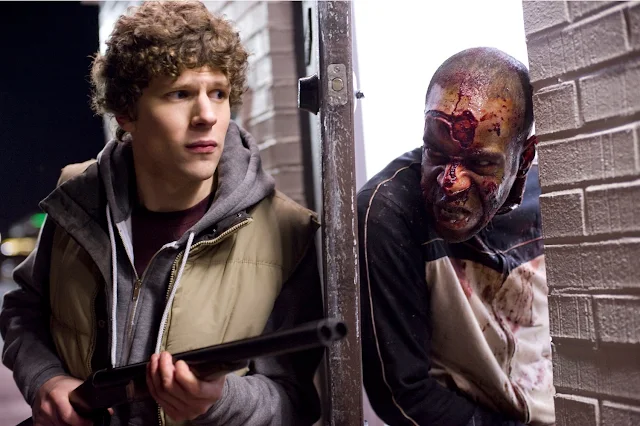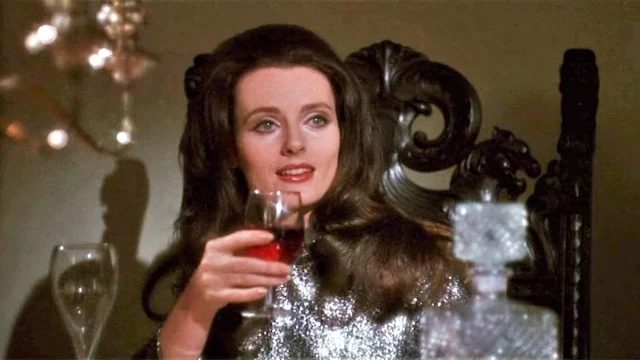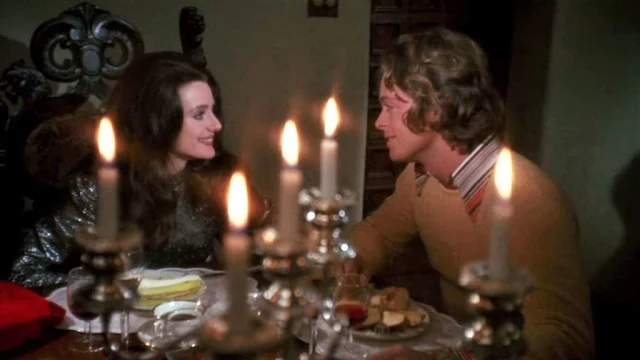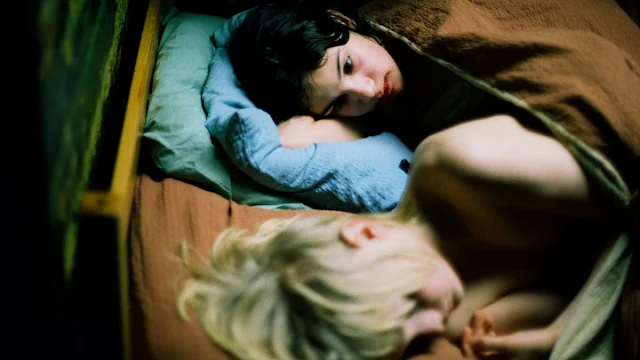Raymond & Ray (Rodrigo García, 2022)
Cast: Ewan McGregor, Ethan Hawke, Maribel Verdú, Sophie Okenedo, Todd Louiso, Oscar Nuñez, Vondie Curtis-Hall, Maxim Swinton, Chris Silcox, Chris Grabner, Tom Bower. Screenplay: Rodrigo García. Cinematography: Igor Jadue-Lillo. Production design: David Crank. Film editing: Michael Ruscio. Music: Jeff Beal.
Ethan Hawke seems to be everywhere these days: playing John Brown on the TV series The Good Lord Bird (2020) and King Aurvandil in The Northman (Robert Eggers, 2022), hiding behind a mask as the Grabber in The Black Phone (Scott Derrickson, 2022), making the double lives of Oscar Isaac’s Marc Spector difficult as Arthur Harrow in Moon Knight (2022), and narrating and directing the well-received documentary series The Last Movie Stars (2022), about Paul Newman and Joanne Woodward. Not that I’m complaining: Hawke has become one of our finest actors, able to more than hold his own in the company of a wizardly performer like Isaac, and it’s good to see his energy hasn’t flagged in the least. It’s worth going back to watch some of his earlier films to see how he has grown as a performer, deepening his voice and gaining confidence. In Gattaca (Andrew Niccol, 1997), for example, there is still something callow and lightweight about him in comparison with his co-star Jude Law. I think he makes Ray a more credible character than Ewan McGregor, no slouch as an actor, does of the half-brother Raymond. The problem with Raymond & Ray is that it’s not a movie that gives either actor much to play. It’s a trifle, a would-be black comedy that isn’t black enough or funny enough, depending mainly on the improbable discoveries that the mismatched half-brothers make as they uncover the secrets of their late father’s life. Hawke and McGregor get good support from Maribel Verdú as the father’s landlady/lover and Sophie Okenedo as the nurse who tended him as he lay dying, women privy to some of the surprise truths about his life. And the movie makes some nice hits at the insincerity behind the pieties of the funeral business. But Raymond & Ray is the kind of throwaway feature that used to be made when there was a demand to fill theater seats. The equivalent today is the film that gets a perfunctory theatrical release before swiftly heading to a streaming service, which is exactly what happened to this amusing but forgettable movie.






.jpg)

















.JPG)














.jpeg)




.jpeg)
.jpeg)
.jpg)
.jpg)


